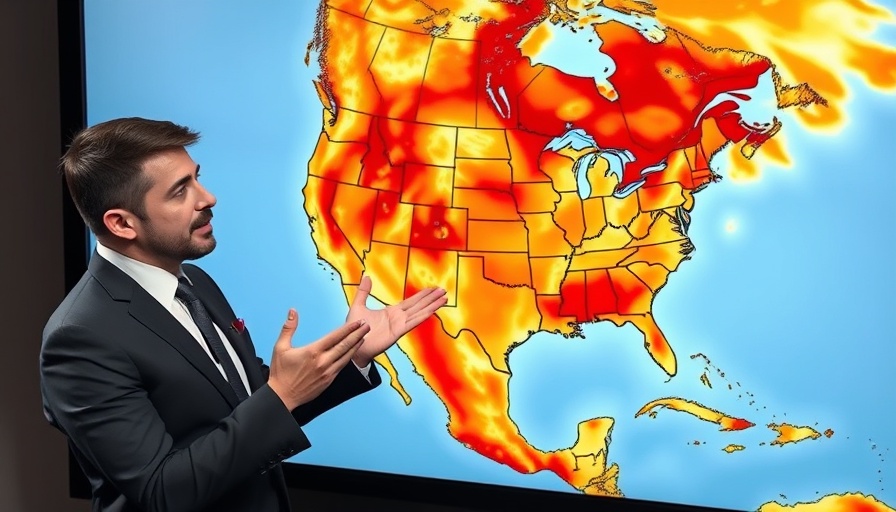
Unveiling the Disturbing Reality of Immigration Enforcement
Florida immigration advocates are raising their voices against what they depict as a brutal arrest of an American teen, shining a spotlight on the intersection of immigration enforcement and civil rights. The 18-year-old, Kenny Lyness, was detained by Border Patrol and Florida Highway Patrol officers while on his way to work. Rather than being treated as a U.S. citizen, his assertions of citizenship were met with the chilling response: "You have no rights." This moment highlights a troubling reality where authority figures deny basic rights based on assumptions about race and appearance.
In 'Florida immigration advocates are calling what they say was the violent arrest of American teen', we delve into the alarming intersection of immigration enforcement and civil rights, exploring a real-life incident that demands attention.
The Broader Implications of Racial Profiling
Lyness, who was accompanied by his mother and co-workers, captured the harrowing incident on his phone, which revealed the aggressive behavior of the officers. The escalation escalated to the use of a taser, which raises questions about the legality and ethics behind such force when the individual poses no immediate threat. Advocates like Mariana Blanco from the Guatemala Maya Center emphasize that this incident reflects a broader trend of racial profiling within immigration enforcement, especially in a state where additional law enforcement officers are being empowered to conduct immigration operations.
A Shift in Florida’s Immigration Policies
The arrest comes amid increased scrutiny of Florida’s immigration policies, with the state preparing to delegate authority to over 1,800 law enforcement agents for immigration enforcement. This significant shift could have far-reaching consequences, as communities may fear engaging with law enforcement for essential services, knowing that they may face undue scrutiny or violence.
What This Means For Immigrant Communities
The incident underscores the ongoing challenges faced by immigrant communities and citizens who often find themselves vulnerable to aggressive law enforcement tactics. Their fears are compounded by statements from U.S. Customs and Border Protection that fail to acknowledge the violation of rights at play. As such, not only non-citizens but citizens like Lyness could lose their basic rights under the guise of immigration enforcement.
Conclusion: Stand Up For Rights
As individuals and communities observe such violations, it is crucial to advocate for civil rights protections and hold law enforcement accountable. The silent suffering of many due to racial biases must be confronted head-on. With every story shared, we challenge the narrative and push for a system that honors the rights of all individuals, regardless of their background.
 Add Row
Add Row  Add
Add 



Write A Comment